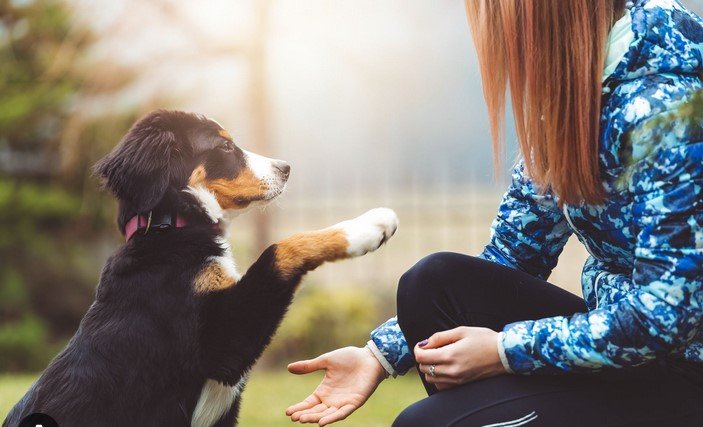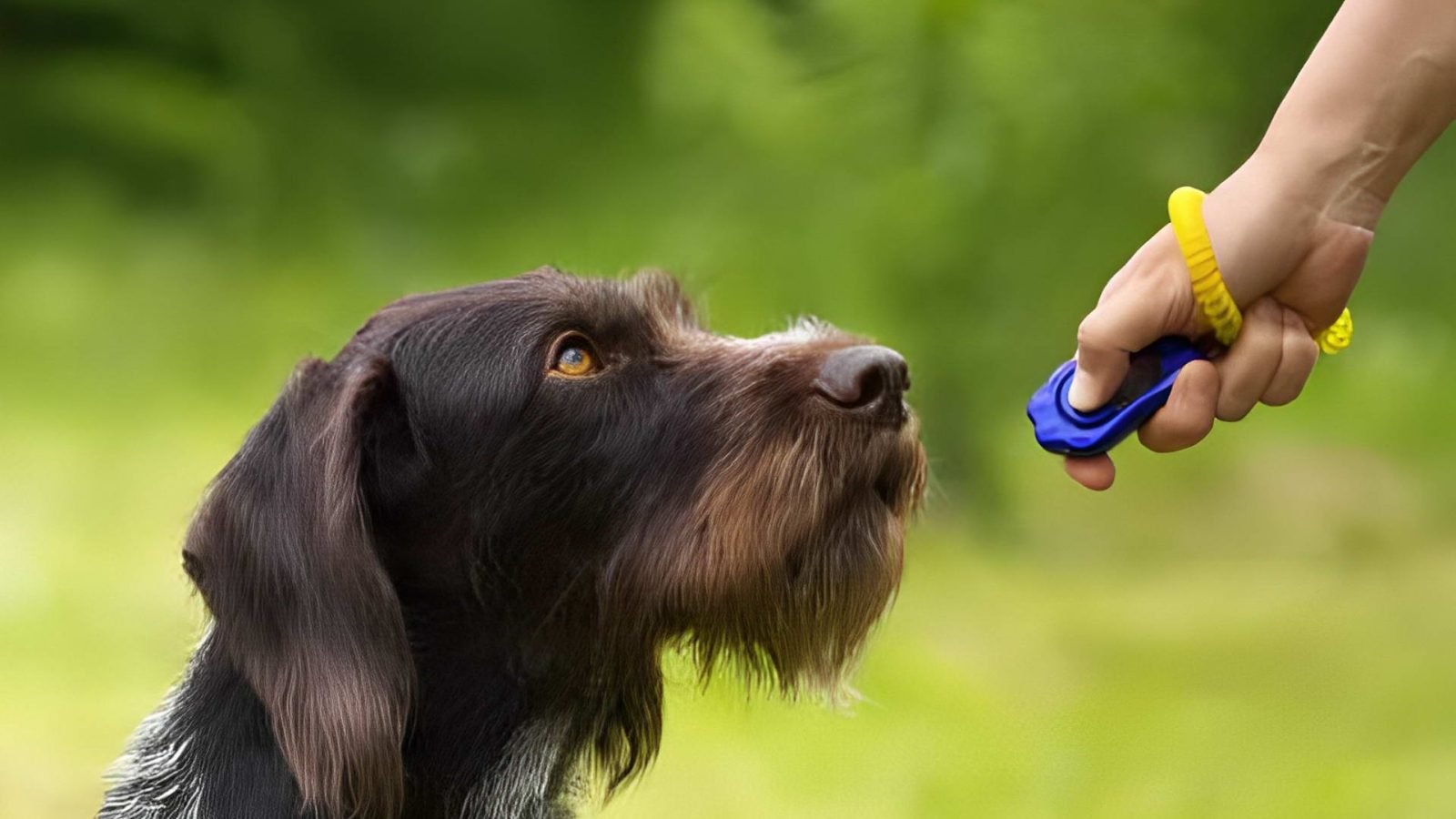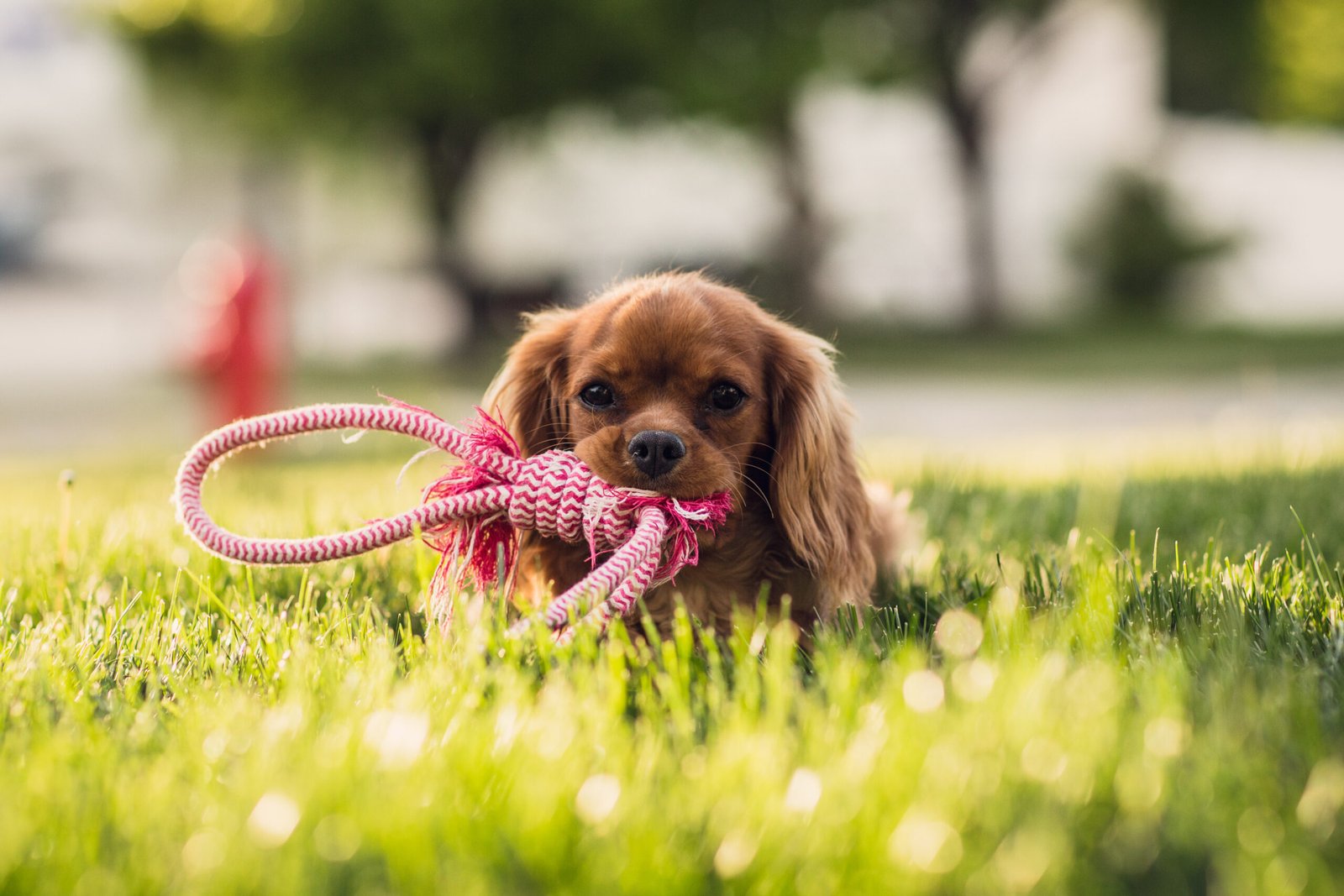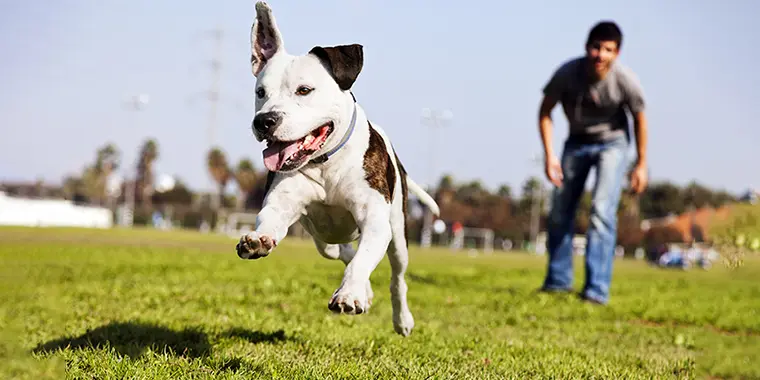As a first-time dog owner, one of your most important tasks is ensuring your dog becomes well-behaved and obedient. Obedience training not only makes your dog a better companion but also strengthens the bond between you and your pet. It might seem overwhelming at first, but with the right tips and approach, you can achieve great results. In this post, we’ll share essential obedience training tips for first-time dog owners to help you navigate the process with confidence.
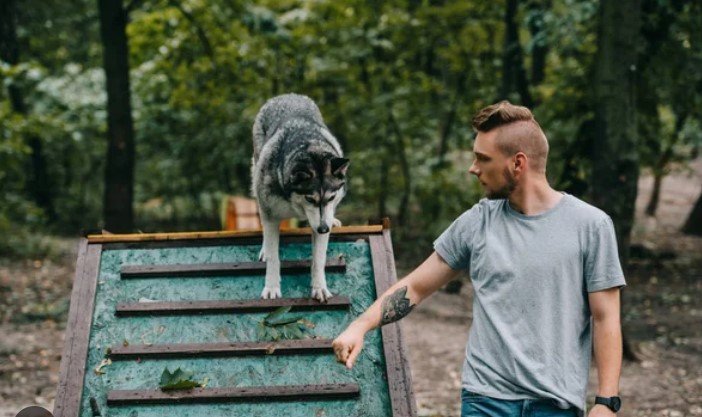
Start Early with Basic Commands
The key to successful obedience dog training is starting early. Puppies are especially eager to learn, and introducing basic commands like “sit,” “stay,” “come,” and “down” during their early months will set the foundation for good behavior. Begin with short, simple sessions to avoid overwhelming your dog, and keep them fun and positive. At this stage, it’s important to focus on one command at a time. Once your dog has mastered one, move on to the next. With consistent practice, your dog will start responding to these commands reliably.
Use Positive Reinforcement
Positive reinforcement is one of the most effective training techniques. This method involves rewarding your dog for performing a desired behavior, which encourages them to repeat it. Rewards can be treats, praise, or even playtime, depending on what motivates your dog. For example, when your dog sits on command, immediately offer a treat and verbal praise. Timing is key—be sure to reward your dog right after they perform the desired behavior to reinforce the connection. Positive reinforcement fosters a trusting and happy relationship between you and your dog.
Keep Training Sessions Short and Engaging
Dogs, especially puppies, have short attention spans, so it’s important to keep training sessions brief but engaging. Aim for 5 to 10-minute sessions a few times a day. Too much training can cause frustration for both you and your dog, so avoid lengthy sessions. Use variety to keep your dog engaged, such as practicing different commands or incorporating fun games into the training. Ending sessions on a positive note, with your dog performing a command successfully, will leave them motivated for the next session.
Be Consistent and Patient
Consistency is essential when training a dog, especially for first-time owners. Dogs learn best when they understand that the same rules apply all the time. Always use the same commands and expect the same behavior. If you allow your dog to jump on you one day but correct it the next, they may become confused. Additionally, be patient throughout the training process. Every dog learns at their own pace, and it may take time for your dog to master certain commands or behaviors. Celebrate small successes along the way and remain calm when things don’t go as planned.
Socialize Your Dog Early
Socialization is a critical part of obedience training. Exposing your dog to different environments, people, and other dogs will help them become well-adjusted and less likely to develop behavioral problems. Start socializing your dog at a young age, but even older dogs can benefit from exposure to new experiences. Enroll in puppy socialization classes or arrange playdates with other dogs to help your dog develop positive behaviors in different settings. The more experiences your dog has, the more confident and obedient they will become.
Set Realistic Expectations
As a first-time dog owner, it’s important to set realistic expectations for your dog’s progress. Some dogs learn faster than others, and certain breeds may take longer to master commands. Keep in mind that consistency, patience, and time are necessary for success. Don’t expect your dog to be perfectly obedient overnight. Remember, training is a continuous process, and every dog develops at their own pace. Stay committed to the process and be proud of your dog’s progress, no matter how small.
Conclusion
Obedience training is essential for first-time dog owners, but it doesn’t have to be stressful. By starting early, using positive reinforcement, maintaining consistency, and being patient, you can raise a well-behaved dog that brings joy to your life. Remember to keep training sessions short, fun, and engaging while also focusing on socialization and realistic expectations. With these tips, you’ll be well on your way to creating a strong bond with your dog and enjoying a life full of positive behavior.







